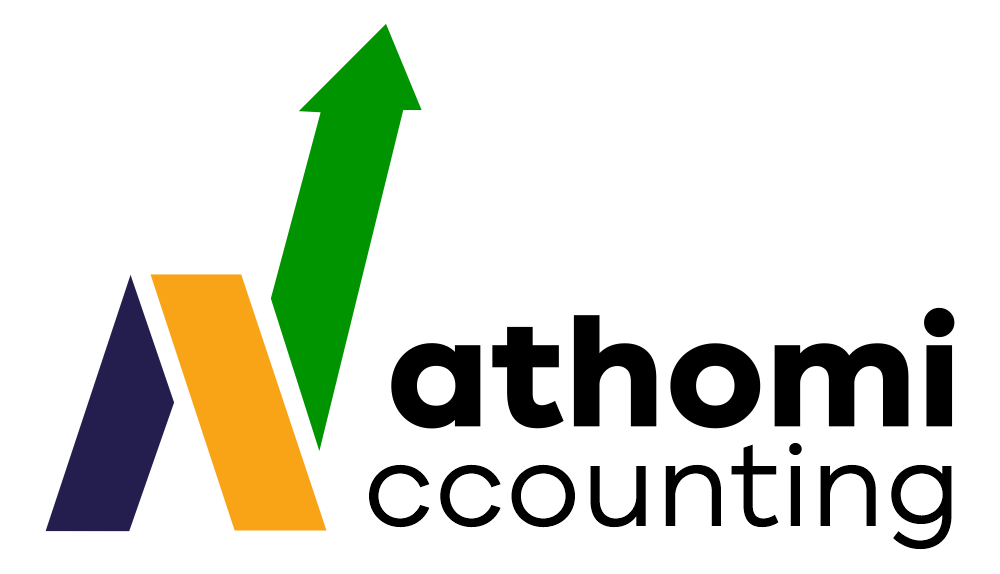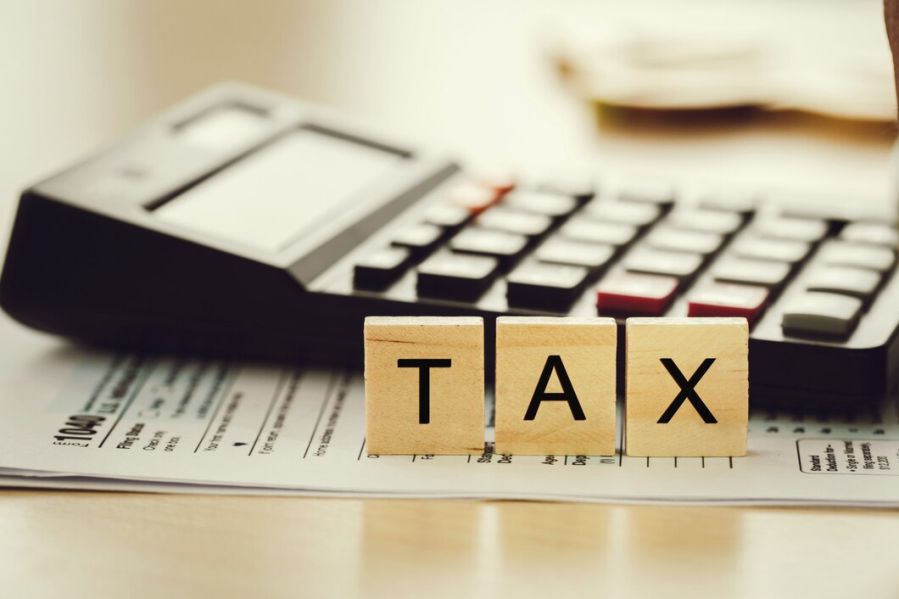
7 Tax Saving Strategies Every Northwich Business Owner Should Know
Running a business in Northwich isn’t easy, you wear many hats every day: serving clients, managing staff, chasing invoices, and keeping the lights on. Yet, after all that effort, too much of your hard earned profit often disappears into taxes you might not even need to pay. The reality is many local business owners unknowingly overpay HMRC simply because they’re not aware of the reliefs, allowances, and deductions available to them.
The good news? With the right tax saving strategies, you can legally reduce your tax bill, free up cash flow, and reinvest in the growth of your business. These aren’t complex loopholes or risky shortcuts they’re proven, accountant-approved tactics tailored for Northwich and Cheshire businesses.
Here’s how you can stop leaving money on the table and start keeping more of what you earn.
1. Start Tax Planning Early
Tax planning isn’t something you leave until year end, it’s a year-round process that can make the difference between overpaying HMRC and maximising your profits. By reviewing your finances quarterly (or even monthly), you can forecast liabilities in advance, smooth out your cash flow, and make smarter decisions about when to spend, save, or reinvest.
For example, identifying a large upcoming tax bill early gives you time to adjust payroll, bring forward equipment purchases, or increase pension contributions, all of which reduce taxable income legally.
Simply put: proactive planning turns tax into a business tool, not just a compliance headache.
2. Maximise Pension Contributions
One of the most effective and often overlooked ways to reduce your tax bill is through pension contributions. Every pound you put into a pension not only secures your future but also lowers your taxable profits today. For business owners, this creates a powerful “double benefit”: you’re building long-term wealth while cutting down your current Corporation Tax or Income Tax liability.
Employers can also claim tax relief on contributions they make for directors and staff, which means the money you set aside for retirement effectively costs your business less. In fact, contributing through your company can often be more tax efficient than taking the same amount as salary or dividends.
The key is timing, making contributions before the tax year end ensures you don’t miss out on valuable annual allowances. Used strategically, pensions aren’t just retirement savings, they’re one of the smartest tax-saving strategies available to UK businesses.
3. Leverage Tax-Deferred Investments
Tax-efficient investments aren’t just for wealthy investors, they can be a powerful tool for business owners looking to grow wealth while reducing their tax exposure. For example, putting money into an ISA (Individual Savings Account) allows your savings to grow free from Income Tax and Capital Gains Tax, giving you a safe, flexible way to build long term wealth.
If you’re open to higher-growth opportunities, government-backed schemes like the Enterprise Investment Scheme (EIS) or Seed Enterprise Investment Scheme (SEIS) offer generous tax reliefs, such as up to 50% Income Tax relief and exemption from Capital Gains Tax, when you invest in qualifying start-ups. These can be particularly valuable for entrepreneurs who want to diversify while still backing UK innovation.
By combining these investments with your overall tax strategy, you can reduce immediate liabilities, create future income streams, and protect more of your profits from unnecessary taxation. The right mix depends on your goals, risk appetite, and timeline, something your accountant can help you plan effectively.
4.Hire Family Members Where Appropriate
If managed correctly, employing family members can be a smart, legitimate way to reduce your overall tax burden while keeping income within your household. By paying a spouse, partner, or even older children a fair wage for genuine work in your business, you can shift income into their lower tax bracket reducing the amount you personally pay at higher rates.
The key is compliance: HMRC requires that the role be real, the pay reasonable for the work performed, and that proper payroll records are kept. For example, a spouse might handle bookkeeping, social media management, or admin tasks, and be paid a salary that reflects market rates. This salary is then deductible as a business expense, reducing your taxable profits.
When done transparently, hiring family members allows you to keep more money in the family unit, reward genuine contributions, and lower your tax bill all without crossing HMRC red lines.
5. Claim All Business Expenses & Deductions
Every pound you spend running your business could be working double duty covering your costs while also reducing your tax bill. The key is knowing which expenses qualify and making sure they’re properly recorded. Common deductible costs include office supplies, travel and mileage, professional training, marketing, software subscriptions, and even part of your home expenses if you work from home.
Many business owners miss out on lesser known reliefs, such as claiming for business-related mobile phone bills, professional memberships, or staff welfare costs like team lunches. Even charitable donations can qualify for tax relief if structured correctly.
The golden rule is simple: if an expense is “wholly and exclusively” for business purposes, it’s usually deductible. To make the most of this, keep accurate records, store receipts (digital or physical), and use accounting software to stay organised. By consistently capturing all allowable expenses, you’ll not only pay less tax but also get a clearer picture of your true profitability.
6. Accelerate Equipment & Asset Purchases
If you know your business will need new equipment, machinery, or technology in the near future, timing your purchase strategically can significantly reduce your tax bill. Thanks to the Annual Investment Allowance (AIA), most UK businesses can deduct the full cost of qualifying assets such as computers, office furniture, vehicles, or tools from their taxable profits in the year of purchase (up to £1 million).
This means that buying equipment before your financial year-end allows you to claim the deduction immediately, rather than spreading it out over several years. For example, if you’re planning to invest £20,000 in new machinery, making the purchase in March (before the 5 April tax year-end) could lower this year’s Corporation Tax bill by up to £3,800 (at the 19% rate).
The result? You get the equipment your business needs and reduce your tax liability in the same move. Just ensure the purchase is genuinely necessary for your operations there’s no point buying assets just for the tax relief.
7. Work Closely with a Qualified Accountant For Tax Saving
Even the most successful business owners leave money on the table when they try to manage tax on their own. UK tax laws are constantly changing, and missing even one allowance, deadline, or relief could cost you thousands. That’s where a qualified accountant becomes invaluable.
At Nathomi Accounting in Northwich, we don’t just “do your books”, we act as proactive partners in your business growth. We help you:
- Maximise every relief and allowance you’re entitled to, from pensions and expenses to investment schemes.
- Stay compliant and stress-free, avoiding HMRC penalties and last-minute tax panic.
- Plan strategically, so you’re not just saving money this year, but building long-term financial resilience.
- Free up your time, allowing you to focus on running your business while we handle the complex tax landscape.
When you work with us, you gain more than compliance, you gain peace of mind, smarter cash flow management, and the confidence that your business is keeping as much profit as possible.
Click to Schedule a meeting


